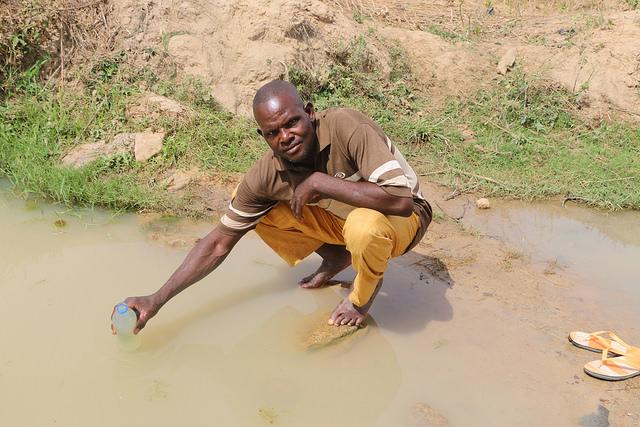Despite being a fundamental human need, potable water remains elusive for a significant portion of Nigeria’s population.
Recent estimates indicate that approximately 179 million Nigerians lack access to safe drinking water, highlighting a pressing national challenge.
This scarcity of potable water is exacerbated by a lack of comprehensive legislation and a national action plan for efficient water resource management. Across the 36 states, public water infrastructure is largely inadequate, leaving many Nigerians to rely on self-help measures such as boreholes, which are costly to install and maintain.

The absence of a robust water management framework not only affects the daily lives of millions but also has economic ramifications. Nigeria is estimated to lose about N7 billion annually due to inefficiencies in water management.
Efforts to address this crisis have been hindered by challenges such as the non-passage of a crucial water resources bill aimed at establishing a regulatory framework for sustainable water management. Additionally, the Nigeria Integrated Water Resource Management Commission (NIWRMC) lacks the necessary powers to regulate water resources effectively.
READ ALSO: World Water Day: 113 Million Nigerians Deprived Of Drinkable Water — CAPPA
To overcome these challenges, experts emphasize the need for integrated water planning and management.
This approach considers all aspects of water development, from occurrence to distribution, ensuring limited water resources are used efficiently and sustainably.
The passage of the water resources bill is seen as a critical step towards modernizing water management practices in Nigeria.
Addressing the water crisis requires a multifaceted approach, including legislative reforms, institutional strengthening, and public-private partnerships.
By prioritizing access to potable water, Nigeria can improve the quality of life for its citizens and promote sustainable development.



